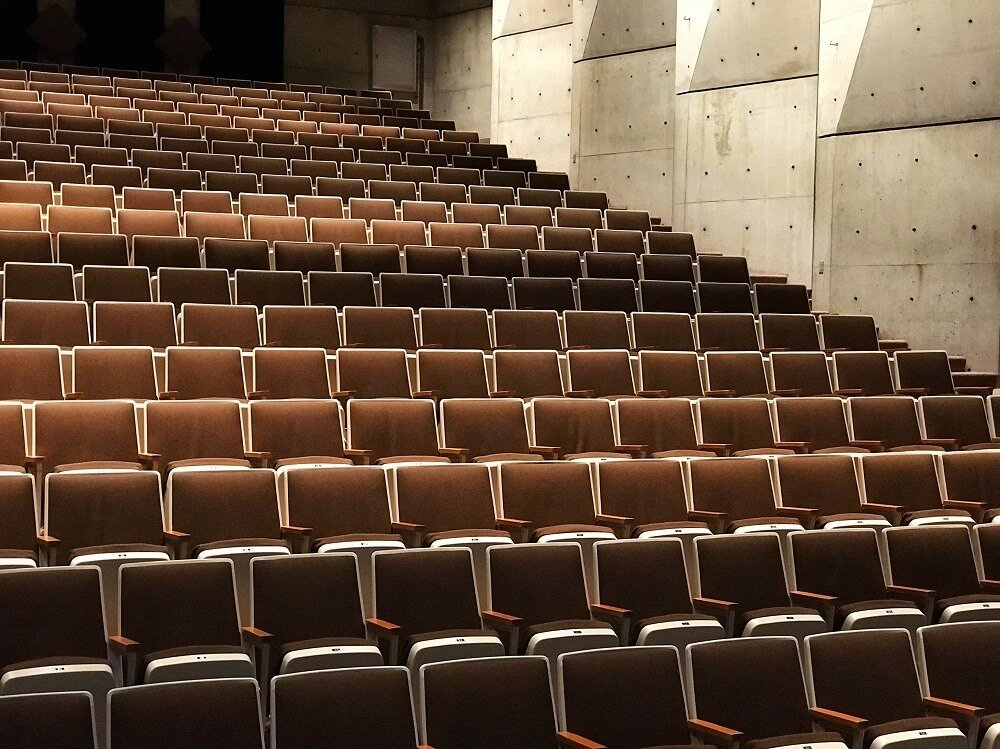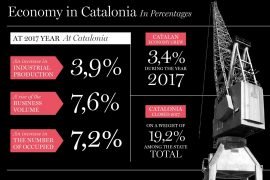[dropcap letter=”S”]
auraha is a rice-farming village in Nepal that generally goes unnoticed to travellers seeking Himalayan mysticism. Situated on the Chitwan National Park, its inhabitants co-habit with elephants, rhinoceroses and tigers. Despite attempts to confine human activities far from wild land, the nigh time knows no bounds and acts as the gateway to heaven for the old rhinoceros, doomed to seek food out of bounds, pushed by his loss of predominance, now in the hands of a younger specimen. Then, at dusk, the massive and slow-paced quadruped dives into the river to cool down, and later on, as the last chink of light fades, it heads for the isolated control-free rice fields. The rhinocero then walks briskly totally alien to the consequences. It even crosses the village’s main street before the astonished look of the neighbourhood. Only the farmers keep watch and wait for it around the bonfires lit up to scare it away, to try and save their harvest. In the meantime, around one hundred metres from the fields where the rhinoceros devastates everything on its path, sisters Sabina and Ashmita (6 and 8 years of age) sleep in a dorm shared with two other girls from the orphanage. The natural disasters from the last years have impoverished and deprived hundreds of Nepalese boys and girls of their future. This has resulted in the mushrooming of homes for minors. A surprisingly high percentage of these homes have no regulation from any organization whatsoever. They are supervised by individuals who have found in homeless children an opportunity to increase their income. Sabina and Ashmita have got up at 6.30. Still in their pyjamas, they have lazily headed for the porch and finished their school homework while the cook and a couple of volunteers have prepared breakfast; always the same menu: rice, lentil stew and flour pastries. Dressed in their school uniforms, they are now on their way to school. The road to school is friendly. The sun caresses the crops gently. The bicycles move about places one fancies to stay. Elderly people spend time under the porch, chatting until bedtime. The teacher is received every morning by a warm-hearted and moving welcome from her students. In class, they walk barefoot and sit on cushions around low tables shared with four or five classmate. Sabina and Ashmita learn fast, participate and show confidence in their own skills. They are smart and happy. One of them wants to be a schoolteacher, the other wants to become a doctor. I am convinced that they would become adults with an unleashed vocation. They would pour their soul into it. But this will never come true. When Sabina and Ashmita turn 18, they will not have an opportunity to continue studying and will go back to their family. The family cannot afford to support them anymore. This means that they will have to do any job to bring money into their household and humankind will have lost two souls wholly devoted to making a better world. The university will have fallen short of its objectives as it will have shown its incapability to give a chance to these two sisters.
Johannes and Jenni are a twenty-something German couple. They both have gone on a journey around the world. After visiting most of Asia, they are now on South American land. Jenni has taken a gap year in her studies, while Johannes was not ready to accept any job after graduating as an engineer. We spoke for a long time between jerks and bumps from the bus from Manali to Keylong (India). Of the two, Jenni is the most critical with the university and labour models. She believes that both are designed to bring fear and limit the natural evolution of human beings. She claims that proof of it is the fact that most of her colleagues feel envious when they see their travel postings and photographs in the social media, but on the other hand, they do not dare to go the distance. They do not dare because, they say, are scared of losing what they have. This is not surprising, as fear of losing is one common trait in the western society. Consumerism kills self-confidence, forces dependency and generates expectations of maintaining and even expanding material treasures. Hence, frustration and physical and mental exhaustion.
Connie and Polly, English, 24 years of age, law graduates. Adrian, 29-year old French carpenter. Alex, 29-year old Austrian engineering graduate. We met on the frontier between Cambodia and Laos, as we all waited for a ride to Paksé. I asked them what had motivated them to embark on this journey and the answers I got had three common points: they do not want a life built on competition, they search for an alternative to routine and they refuse to give in to stress. It is precisely stress that put an end to the life of 8 college students who decided to commit suicide in only one year and a half in Bristol, England. Although the college management points to mental health problems and have opted for investing 1 million pounds on prevention, Bristol is not an isolated case. According to an article by Quim Aranda (Ara, 30 March 2018), in only 10 years the number of suicides among English college students has increased five-fold –the latest record shows 144 cases in 2016–. Curiously enough, in the same period, mental illnesses, anguish and stress increased five-fold, and one of their main sequels are abandonment of studies and college drop-outs –between 2010 and 2016 there has been an increase of 210%, that is up to 1,180 students–. What is the reason behind it? Is it not true that university promises a happy future? The answer is a combination of factors: social and economic pressure, and drug consumption to boost academic results.
Although all the cases described here –isolated cases but applicable to most countries– are not sufficient to draw conclusions, I believe that, at least, they are significant enough to cast doubts on the role of university on society. In other words: I think that university has forgotten about its humanistic spirit and raison d’être. And, unfortunately, we will be weak as long as university continues teaming up with market dynamics instead of positioning itself as its counterbalance. And we will continue being weak as long as it continues postulating itself as the guide to professional growth, instead of postulating itself as the guide to personal growth. In the face of today’s challenges, I would like university to recover its status as an inspirational institution that enabled transformation processes across the world, like it did in the past. But such an endeavour, today and forever, requires much more than a simple equation.




















